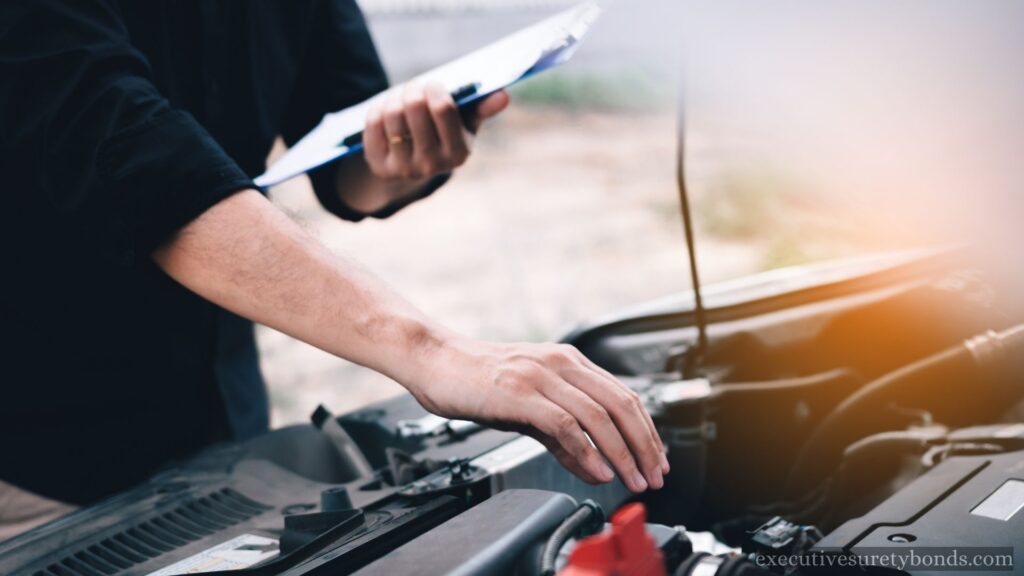Frequently Asked Questions
Can a body shop transfer its existing bond to a new location if it opens a branch or relocates within Nevada?
Yes, it is possible for a body shop to transfer its existing Vehicle Industry Business License Bond to a new location within Nevada. However, this process involves several steps and requires approval from the Nevada Department of Motor Vehicles (DMV). The body shop must notify the DMV of the relocation or branch opening and provide the necessary documentation and financial information to facilitate the bond transfer. It’s important to note that the bond must still meet the required bond amount for the new location.
Are there any specific requirements or bonds for body shops that offer specialized services, such as custom vehicle modifications or vintage car restoration?
Body shops that offer specialized services beyond standard collision repair, such as custom vehicle modifications or vintage car restoration, may be subject to additional regulatory requirements or bonding conditions. Depending on the nature of these services, the Nevada DMV may require specific endorsements or adjustments to the bond coverage to address potential risks associated with specialized work. It’s crucial for such body shops to consult with the DMV to ensure full compliance with any additional bonding or licensing requirements.
Is it possible for a body shop to reduce its bond amount after initially obtaining the Vehicle Industry Business License Bond if its annual revenue decreases or services change?
Yes, body shops that experience a decrease in annual revenue or a change in the scope of their services may be eligible for a bond amount reduction upon approval by the Nevada DMV. However, this reduction is subject to the DMV’s evaluation and determination of the appropriate bond amount based on the revised circumstances. Body shops seeking a bond amount reduction should communicate with the DMV, provide updated financial information, and follow the prescribed process to request the adjustment.


